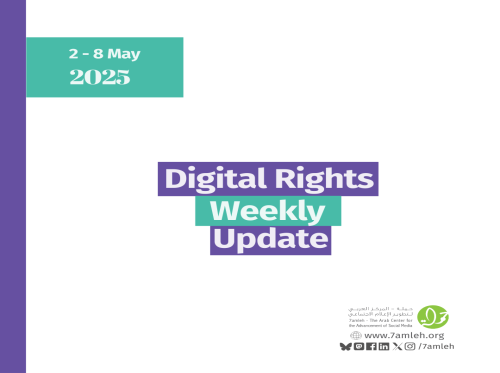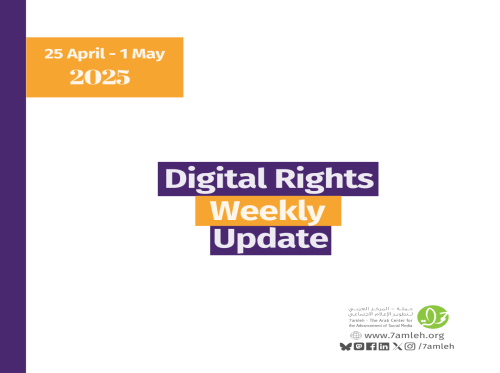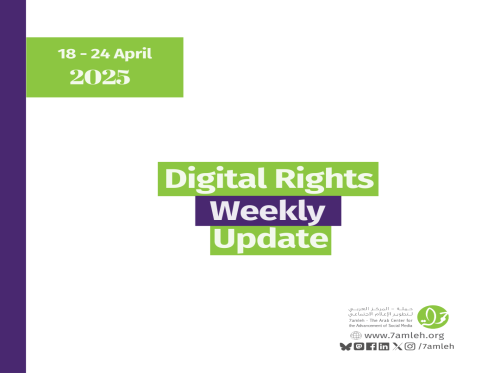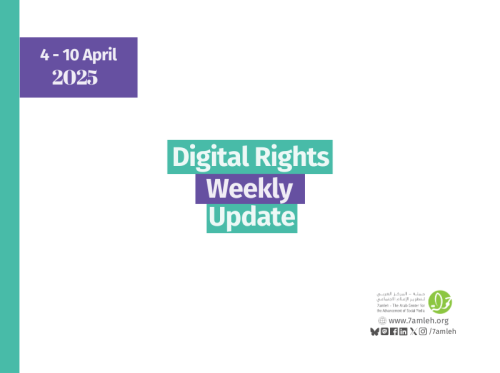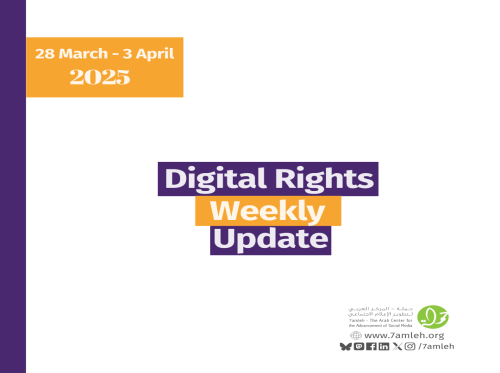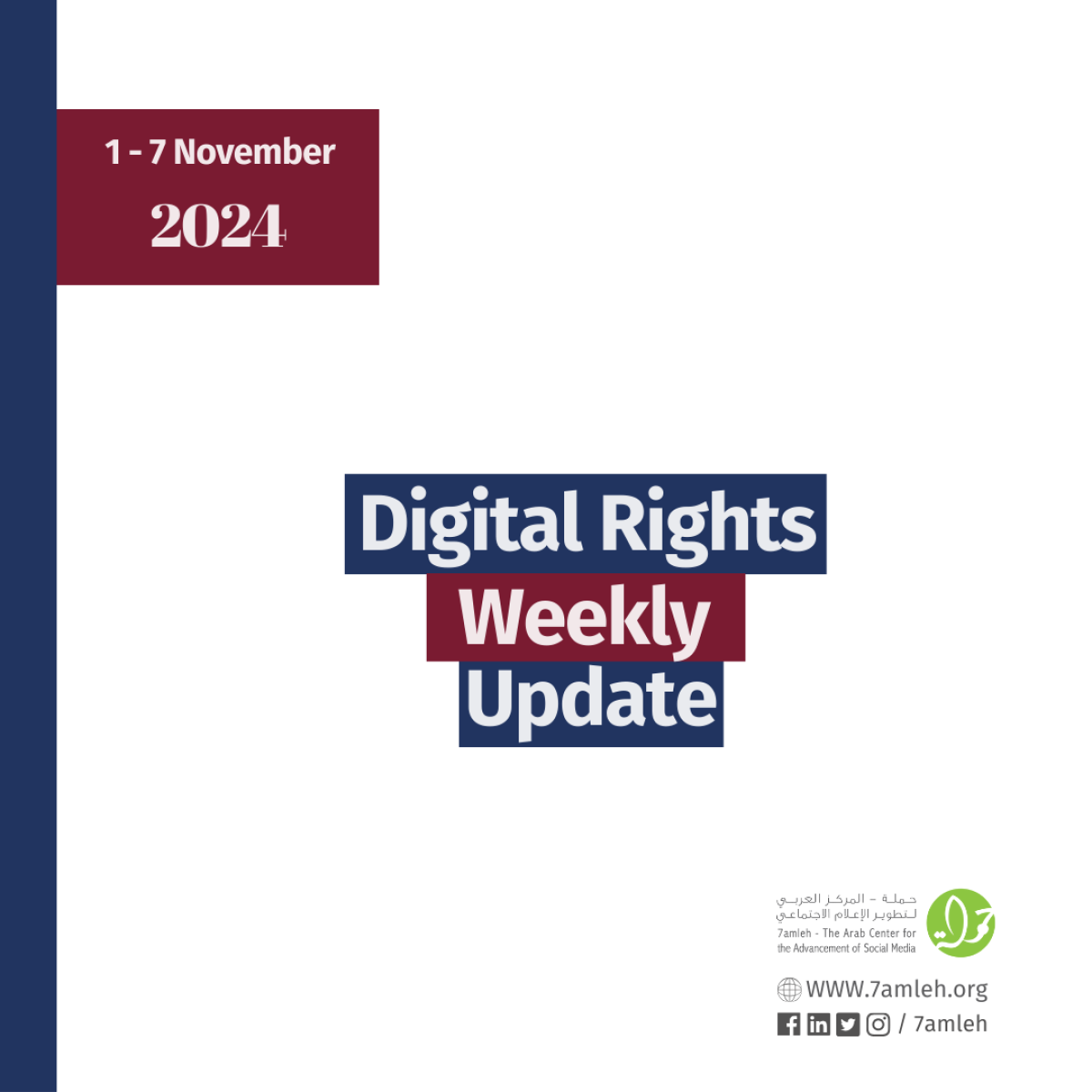
Meta Permits Its A.I. Models to Be Used for U.S. Military Purposes
Archive Today
Meta will allow U.S. government agencies and contractors working on national security to use its artificial intelligence models for military purposes, the company said on Monday, in a shift from its policy that prohibited the use of its technology for such efforts. Meta said that it would make its A.I. models, called Llama, available to federal agencies and that it was working with defense contractors such as Lockheed Martin and Booz Allen as well as defense-focused tech companies including Palantir and Anduril. The Llama models are “open source,” which means the technology can be freely copied and distributed by other developers, companies and governments.
The Weaponization of Things: Israel’s Techno-Violence, A Litmus Test for Technologists
Tech Policy Press
From Israel’s use of AI and facial recognition in Gaza to the remote detonation of pagers and walkie-talkies in Lebanon, this moment should be a massive wake-up call for anyone doing tech and society work: nothing will remain neutral, and the development of new technologies cannot continue as normal, writes Afsaneh Rigot. Israel’s weaponization of technology in its war on Gaza — and now in Lebanon and other parts of the region — has reached unprecedented levels. Both low-tech everyday technologies and high-tech emerging ones are being turned into weapons deployed with impunity.Israel’s weaponization of technology in its war on Gaza — and now in Lebanon and other parts of the region — has reached unprecedented levels.
‘We have no choice’: Gazan workers find a lifeline in freelancing amid war
The Guardian
It took more than 20 minutes and eight dropped WhatsApp calls to finally connect with Farida Algoul in Gaza. Internet service is not reliable anywhere in the territory, including in the provisional co-working space in the city of Deir al-Balah, where she and 50 or so others work remotely. Meanwhile, a year of airstrikes has decimated Gaza’s infrastructure, making the two resources freelancers depend on – a strong internet connection and reliable electricity – hard to come by. When internet service is available, it’s slow or unstable. Electricity comes and goes. Then there’s the matter of their safety. Algoul and other workers who spoke to the Guardian said they take on considerable risk when they make their way to co-working spaces or ad-hoc internet hotspots on the street.
The UK Israel Tech Hub: Fast-Tracking Israeli Tech Companies into the NHS
Corporate Watch
The Technology of Occupation and Genocide Over the last 12 months, we have become all too aware of the dystopian uses of new technologies as they have been indiscriminately ‘tested’ on Palestinians in the ongoing genocide in Gaza. Global and Israeli tech firms have joined forces with Israel’s military and intelligence services to further develop deadly collaborations on weapons and surveillance tech. Already a world leader in surveillance technologies, Israel’s tech sector counts for nearly half of all the country’s exports and for 18% of its GDP, with two key areas being cybersecurity and the health sector. Israeli organization, Startup Nation, found health to be the largest field by company count (1600+ active companies) by late 2023. However, cybersecurity represented the sector receiving the most funding overall, in a trend that was projected to continue into 2024. Artificial Intelligence (AI) was also reported as an area to watch.
Related Articles
Subscribe to Our Email Alerts
And stay updated with our latest activities, news, and publications!


